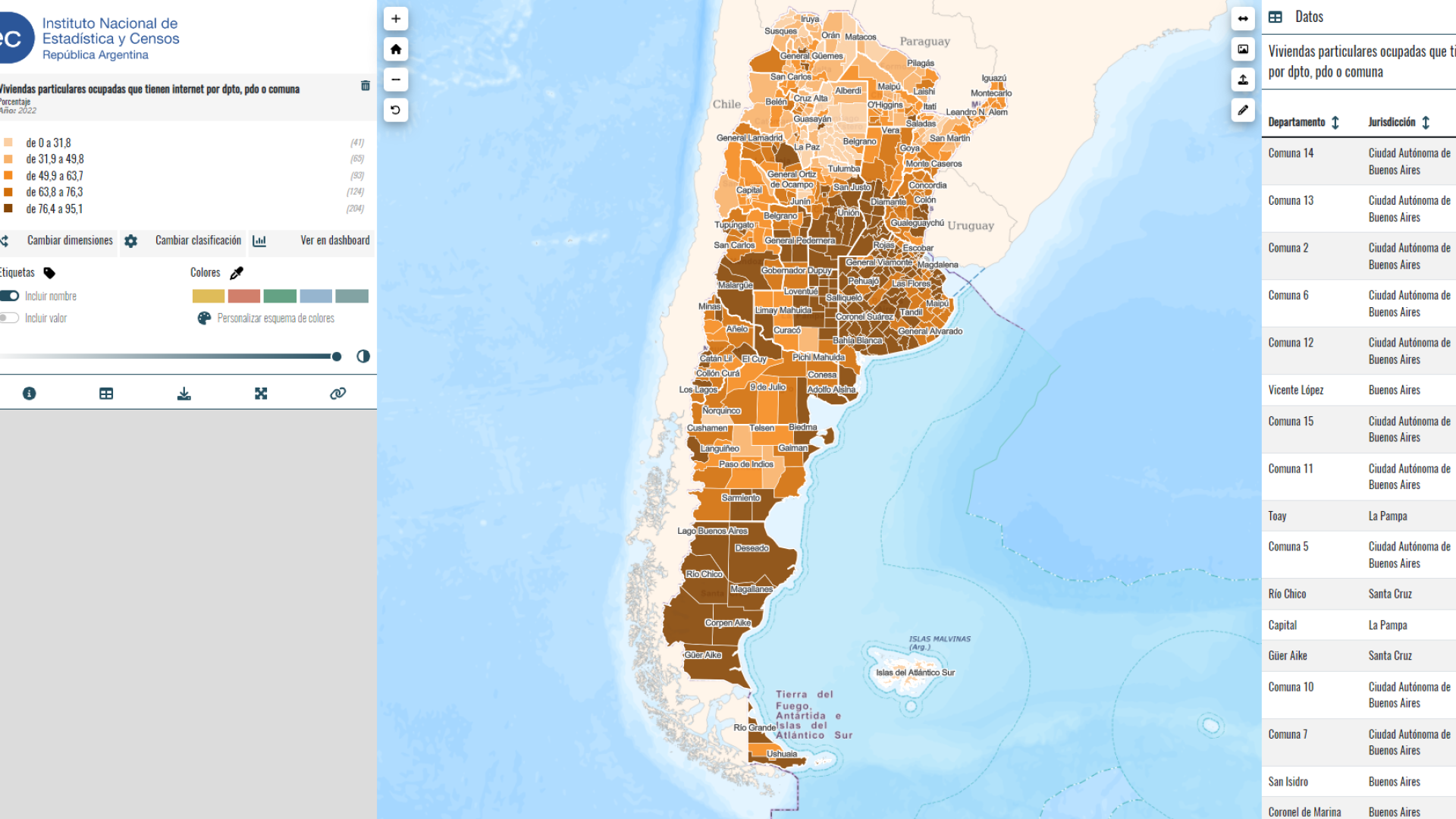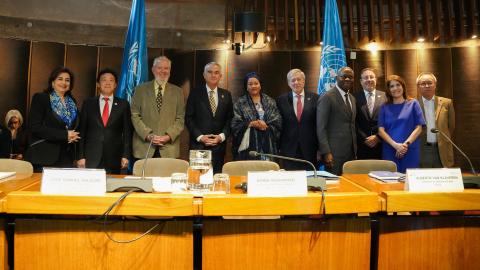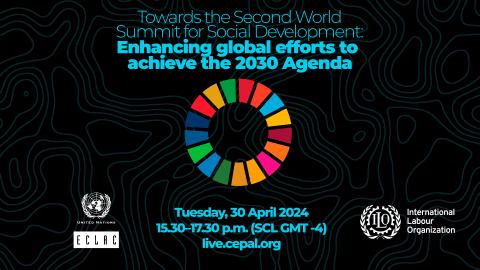Briefing note
The Economic Commission for Latin America and the Caribbean (ECLAC) called for revitalizing the multilateral trading system and putting it at the service of sustainable development, hand in hand with the 2030 Agenda, during the eleventh Ministerial Conference (MC11) of the World Trade Organization (WTO), which is taking place in Buenos Aires, Argentina on December 10-13, 2017.
Alicia Bárcena, ECLAC’s Executive Secretary – who is heading the regional organization’s delegation and attending the gathering in representation of the UN Secretary-General, António Guterres – spoke this Monday at the event The multilateral trading system: Time to re-energize?, organized by the United Nations Conference on Trade and Development (UNCTAD) in the framework of the WTO MC11.
“Trade is a driver of sustainable development, but the current trading system is insufficient. We need a new system,” Bárcena said at the session where the Secretary-General of UNCTAD, Mukhisa Kituyi, also spoke, along with the ministers of international trade and industry of Bangladesh, Costa Rica, India, the Netherlands and South Africa, among other participants.
The senior United Nations representative indicated that the negotiations in the WTO are very relevant for achieving the 2030 Agenda for Sustainable Development, especially those related to fishing subsidies, agriculture and environmental goods. “We need for the WTO to not limit developing countries’ policy options for moving toward sustainable development,” she emphasized.
Bárcena also highlighted that “the dialogue cannot be just intergovernmental. It must include the private sector and civil society.”
“Let’s be clear: reversing globalization and embracing protectionism is not the solution. In the absence of rules, it is the will of the most powerful that prevails, to the detriment of the smallest and weakest players. So the issue is not globalization or no globalization, but rather what type of globalization the world needs today,” she sustained.
Meanwhile, Mario Cimoli, ECLAC’s Deputy Executive Secretary a.i. and a member of the delegation headed by Bárcena, inaugurated today the side event “Latin American MSMEs in the face of digital globalization,” organized jointly with Argentina’s Ministry of Foreign Affairs and Worship and the Latin American Internet Association (ALAI), as part of the Euromipyme project developed by ECLAC and the European Union.
There Cimoli warned that policies toward Micro, Small and Medium Enterprises (MSMEs) “are stagnant and barely updated” and that the issue of digitalization is still not taken into account in these initiatives. “The trade model changed. The transfer of data is growing more than the transfer of physical goods. New policies for promoting MSMEs are needed,” he stated.
Later in the day, Cimoli participated as a panelist in the event New Industrial Policy in the 21st Century, organized by the International Centre for Trade and Sustainable Development (ICTSD) and held in the Buenos Aires Grains Exchange.
“New industrial policy does not arise due to market failures but rather to the disappearance of sectors. Today there is less separation between markets, networks and platforms and it is difficult to separate tangible and intangible products,” Cimoli underscored, adding that currently industrial policy goes hand in hand with policies for innovation.
In the framework of the eleventh WTO Ministerial Conference, ECLAC also organized with ICTSD in the Grains Exchange this Monday a side event entitled Fostering more equitable and sustainable trade in food and agricultural products – a closer look at sustainability product standards.
This event drew the participation of government officials, industry representatives and international specialists. “We have organized this panel because we consider that international trade can make a great contribution to achieving the 2030 Agenda’s SDGs,” said Alicia Frohmann, an expert from ECLAC’s International Trade and Integration Division, who recalled that agricultural trade is particularly important for Latin America and the Caribbean: its share of total exports rose from 17% in 2000 to 26% in 2016.



